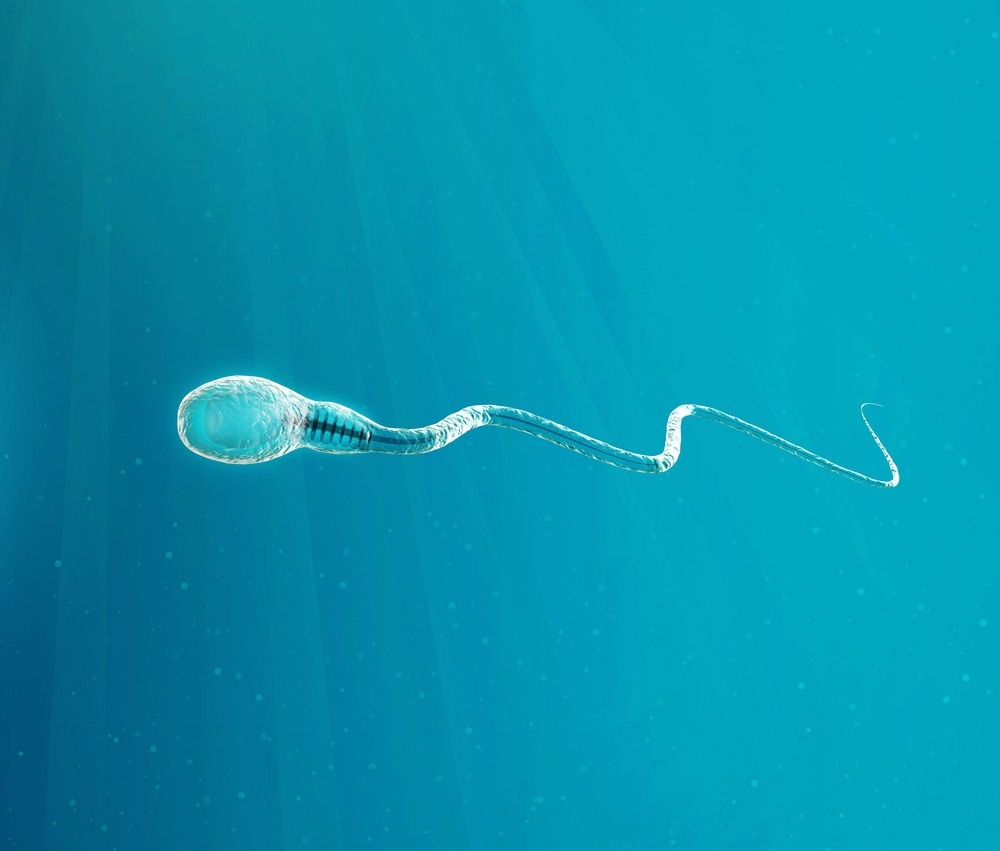Scientists have shown that while male fertility and sperm fitness decrease with age in humans, this tendency does not hold true for other animals, as reported in Nature Communications.

Image Credit: Victor Josan/Shutterstock.com
Under the direction of the University of Oxford, the group evaluated the findings of 379 investigations involving a variety of creatures, such as fish, birds, insects, and mammals. Overall, it was discovered that growing older did not appear to affect sperm motility, sperm viability, sperm count, or ejaculate size.
Age even had a beneficial effect on reproductive qualities in certain species. For instance, ejaculate size, sperm count, and sperm viability all increased with age in numerous insect species. It is plausible, although, that methodological shortcomings in the research may account for this outcome.
For example, males were kept as virgins until elderly age in numerous insect experiments, during which time they would have accumulated sperm. Out of all the animals analyzed, most ejaculate attributes assessed exhibited an age-related decline in lab rats.
The lack of consistency across animals in the impact of aging on ejaculate traits suggests the jury is still out on whether the age-related deterioration in ejaculates happens universally in animals or not.”
Dr. Regina Vega-Trejo, Study Co-Lead Author, Department of Biology, University of Oxford
As per the researchers' findings, it is possible that humans' ejaculate aging patterns differ significantly from those of most animals due to the fact that people live longer than they did a few centuries ago. Men may now live longer than they did when they first evolved to preserve sperm function as a result of this.
The surprising differences between animals and humans could reflect stronger selection pressures for animals to maintain sperm function across all ages.”
Krish Sanghvi, Study Co- Lead Author, Department of Biology, University of Oxford
The effect of age on reproductive outcomes (fecundity and success of fertilization) in males of these species was also studied by the researchers. They discovered that, generally, reproductive outcomes did not improve or deteriorate with advancing age, which is again in striking contrast to what is observed in people, similar to ejaculate features.
The authors speculate that methodological restrictions, such as the infrequency of testing animals who are elderly for their species in studies, could account for some of the results. They also imply that not all ejaculate traits in all species may be associated with a decline in male fertility.
Reproductive deterioration is of interest to a broad range of disciplines, from evolutionary ecology and demography to humanities and medicine. Our study challenges a key belief in these fields that male reproductive deterioration is universal and documents where we may expect this to occur and why.”
Dr. Irem Sepil, Study Senior Author, Department of Biology, University of Oxford
Source:
Journal reference:
Sanghvi, K., et.al., (2024). Meta-analysis shows no consistent evidence for senescence in ejaculate traits across animals. Nature Communications. doi.org/10.1038/s41467-024-44768-4